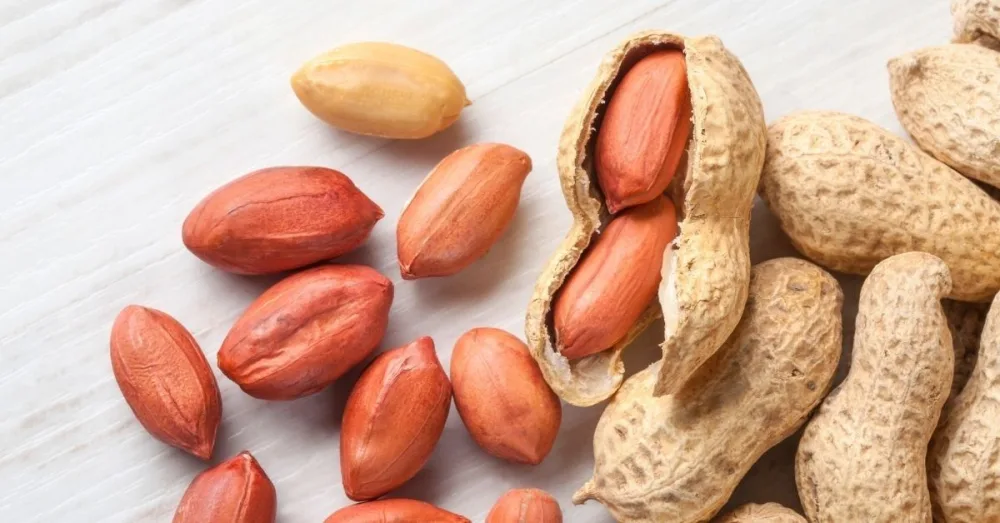Peanuts are high-calorie, high-fat and high-protein foods. There is no doubt that eating too many peanuts makes it easy to gain weight.
Peanuts contain 20% higher calories than milk, 40% higher than eggs, and much higher than most meats.
There are about 110 peanuts in 100 grams of peanuts, which contain up to 580 calories.
Weight loss. Peanuts have been widely studied with regard to weight maintenance. Despite being high in fat and calories, peanuts do not appear to contribute to weight gain (21Trusted Source).
In fact, observational studies have shown that peanut consumption may help maintain a healthy weight and reduce your risk of obesity.
If you only eat a small amount of peanuts, such as 10 to 15 grams, not only will you not gain weight, but it will help you lose weight.
Because peanuts are rich in unsaturated fatty acids, a small amount of unsaturated fatty acids can promote fat burning and avoid fat accumulation.
Peanuts are rich in protein, fat, and various healthy nutrients. Studies show that peanuts may even be useful for weight loss and are linked to a reduced risk of heart disease.
Lower risk of diabetes. The Nurses’ Health Study assessed more than 80,000 women and their relationship to type 2 diabetes. In those who consumed an ounce of peanuts or a tablespoon of peanut butter five or more times per week, the risk of type 2 diabetes was lowered by more than 20%.
It is worth mentioning that peanuts contain a kind of natural polyphenols with strong biological activity: resveratrol, which has been listed by the American scientific community as one of the effective anti-aging substances.








